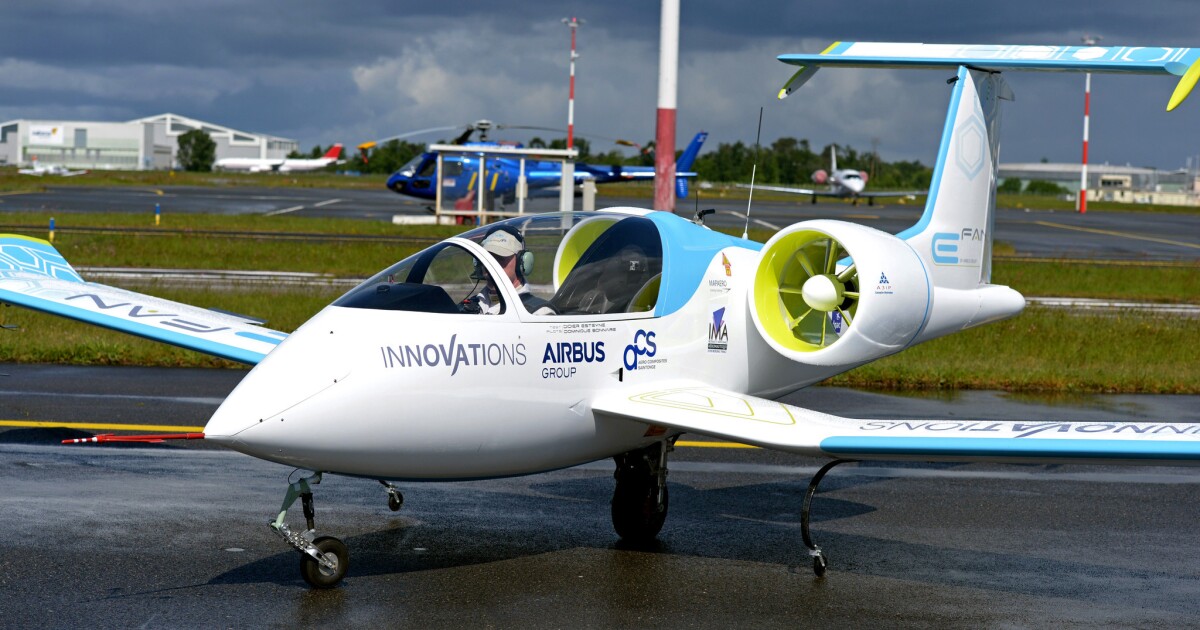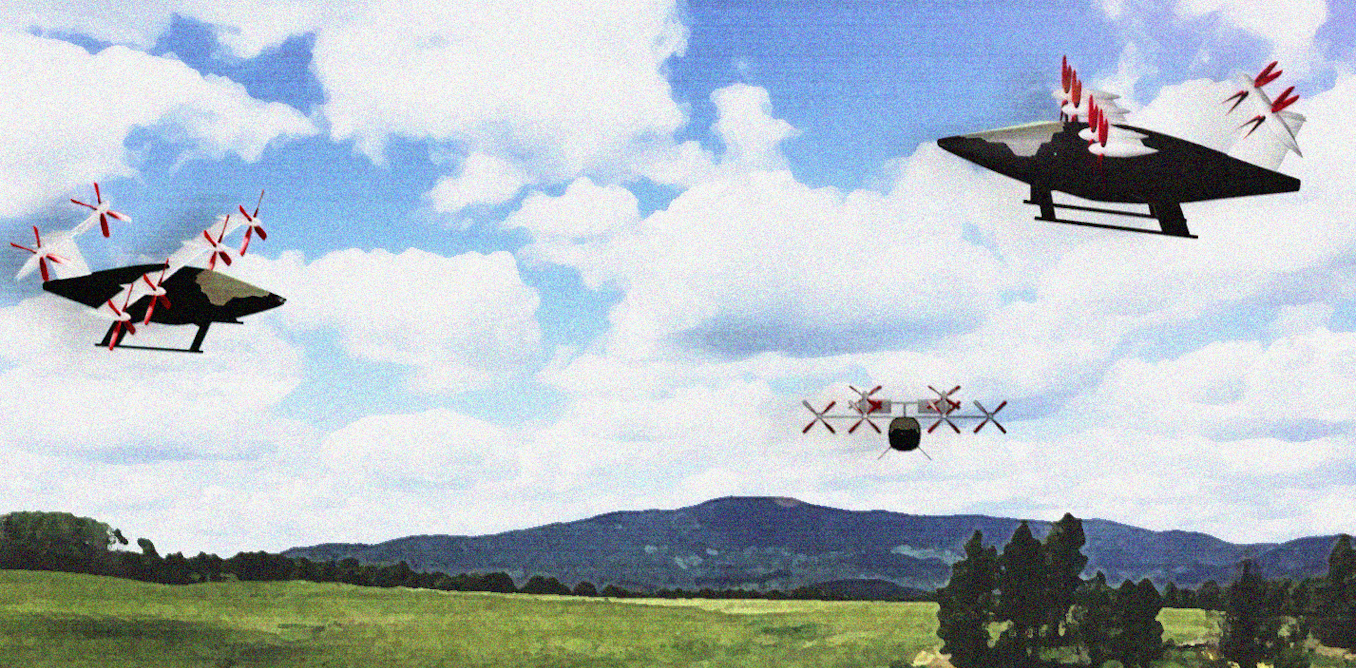I don't know about the feasibility of "hydrid planes" but even if they are potentially feasible, they should not be endorsed. They will simply be used as a "better than oil" half measure much like many natural gas companies saying that it's cleaner burning than oil but omitting the fact that it is still an incredibly polluting fossil fuel. Also, air travel now makes up 12% of all transportation emissions and it is the fastest growing emissions sector due to the explosion of air travel in the last 20 years especially in China.
We MUST completely decarbonize our transportation sector if we are to meet our 2050 targets and hydrogen is the only option. Yes in half a century, battery planes maybe feasible for long haul trips as the technology advances but the reality is that we don't have 50 years. Hell, we don't even have 30 years so we must decarbonize with the most viable energy source we have right now and for air travel, that hydrogen.








